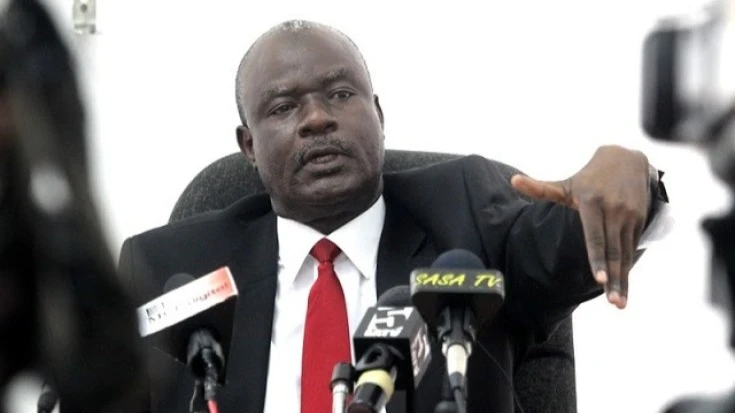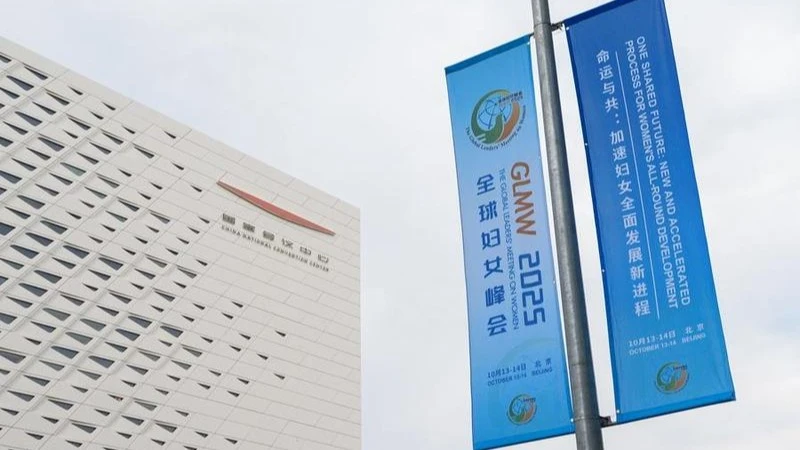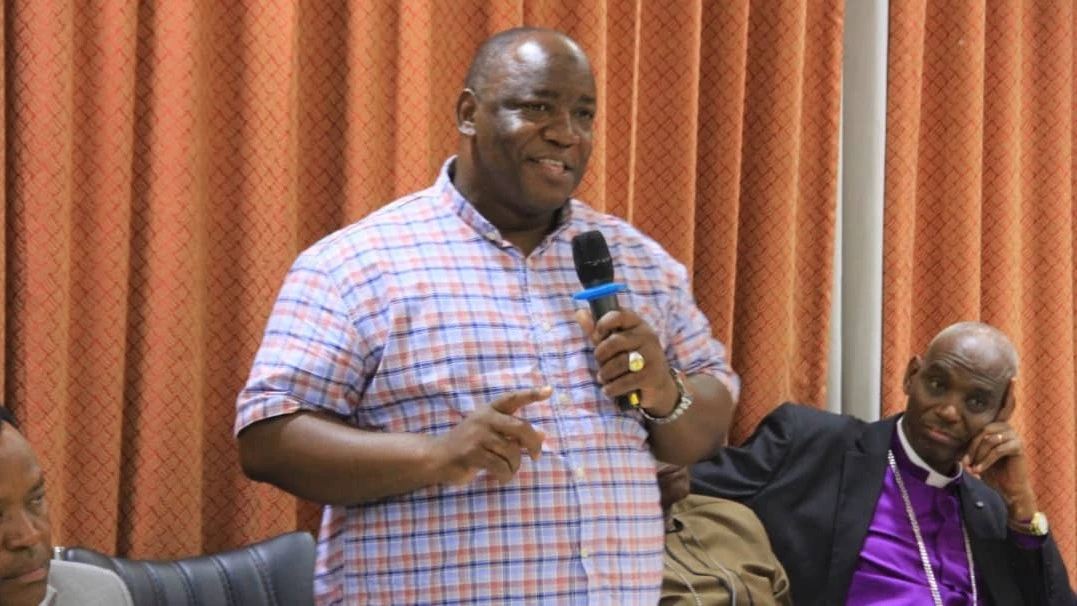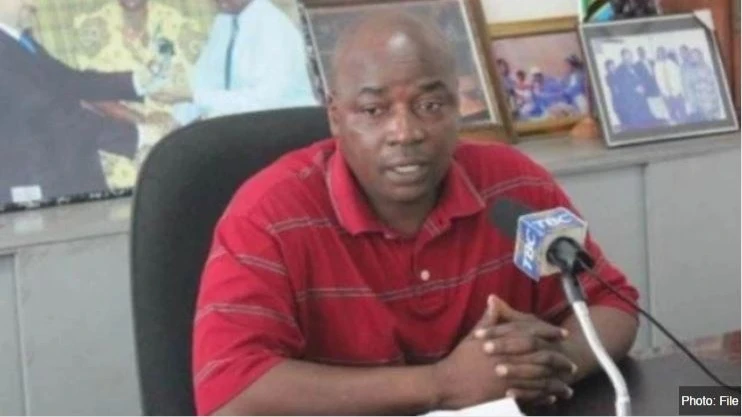High Court: 8.9trn/- locked in cases threatens fiscal stability

OVER 8.9trn/- currently locked up in unresolved legal cases—involving taxation, banking, land and commercial disputes—could significantly undermine bank sector stability and credit in the 2025/2026 financial year if the cases aren't fast-tracked, the High Court has warned.
Acting Principal Judge Imani Aboud made this assertion at a stakeholders’ forum convened by the Judiciary to set out strategies on expediting economic-related cases as they are vital for national liquidity and investment.
The huge volume of frozen funds represents a serious economic concern, as prolonged court delays risk reducing liquidity in the banking sector, limiting essential flow of credit to the private sector, disrupting employment opportunities and strategic investments, she stated.
“If these cases are not resolved promptly, they could strain banks’ capacity to provide loans and affordable interest rates, essential in driving national investment and private sector growth,” she explained.
Alarming liquidity values are tied up in litigation across various court levels, she stated, highlighting that the Court of Appeal is hearing tax cases numbering 110 where 595.4bn/- is held in abeyance, along with 220 banking cases where a total of 1.1trn.- is held up, in like manner as 75 commercial cases involving 1.5trn/-.
The High Court has 717 banking cases holding up 1.7trn/-, 238 commercial cases toi which 1.2trn.-is held in abeyance, 3,446 land cases where 3.5trn/- is at issue, bringing the total to over 4,800 pending instances of litigation where upwards of 8.9trn/- is locked out of the financial system, she elaborated.
Chief Justice George Masaju, who opened the meeting, affirmed the Judiciary’s commitment to ensuring the timely resolution of economic cases to enhance fiscal stability and strengthen investor confidence.
Stressing that once released, these massive funds would provide a significant stimulus for national economic growth, he said that the Judiciary understands its role in economic transformation.
“That’s why we’ve convened this meeting—to ensure that cases are resolved efficiently, permitting individuals and institutions to pursue their productive activities while enabling locked-up capital to re-enter the economy,” he stated.
The National Development Vision 2050, which rests on peace and stability, prioritizes good governance and a competitive economy, demanding greater institutional efficiency from all government bodies, including the Judiciary, he declared.
Attorney General Hamza Johari described the forum as a vital step toward developing a national strategy for handling critical economic cases central to Vision 2050, warning that the legal sector must not lag behind the nation's economic goals.
Many existing laws governing economic and commercial sectors are outdated and fail to reflect the pace of Tanzania’s current transformation, he said, underlining that when the country enacted laws for the banking and business sectors back in 2003 and 2004, the economic landscape was entirely different.
“Today, the environment has changed drastically. Even the Bank of Tanzania Act, for example, does not fully align with our modern financial realities,” he remarked.
Updating legal frameworks, improving judicial efficiency and strengthening institutional collaboration are vital steps to unlock the 8.9trn/- currently immobilized in litigation—funds that could otherwise finance major public projects, boost private sector investment and create thousands of jobs, he added.
Top Headlines
© 2025 IPPMEDIA.COM. ALL RIGHTS RESERVED






















